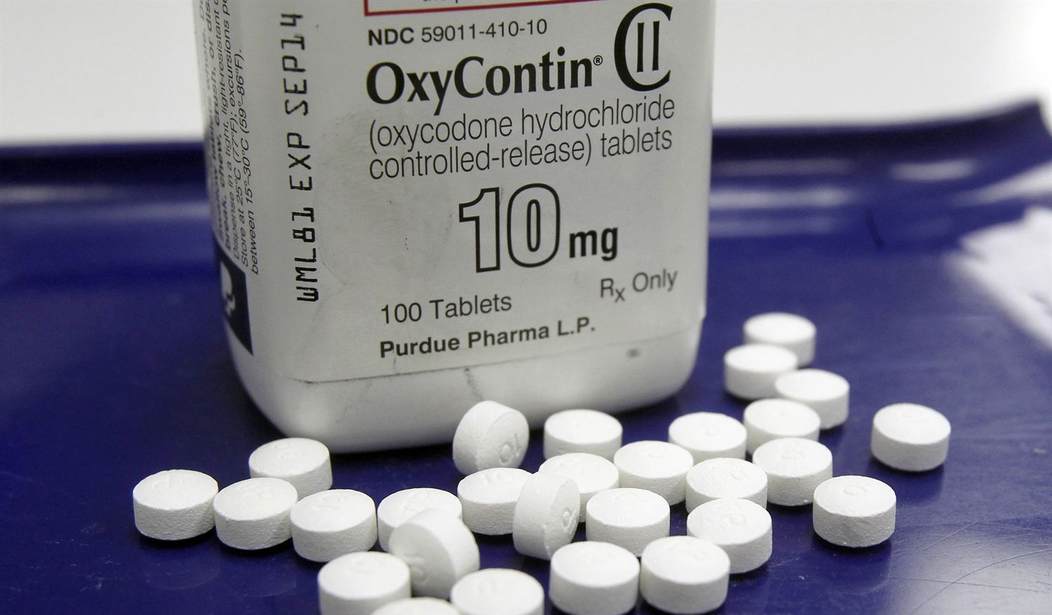Given the one topic that’s unfortunately been dominating the news for more than a year and a half, I tend to pay attention when any new vaccine information hits my news feed from the medical community. The item I wanted to touch on today, however, has nothing to do with Pfizer, Moderna, or the pandemic in general. This vaccine, currently being tested at Columbia University, doesn’t prevent viral infections or ward off any sort of germs or diseases at all. It’s being given to people to see if it can prevent a lethal overdose of opioids. That certainly gave me pause because I’d never even heard of such a concept.
Reading further into the details, let’s just say that I had questions. Lots of questions. I understand how serious the ongoing opioid epidemic is and I’ve read the stories about all of the people dropping dead from various combinations of these drugs. So if someone has figured out a way to save a significant percentage of these people, I suppose that’s great. But the way they’re testing it on human subjects sounds rather dubious, to put it mildly. The report focuses on one anonymous female participant in the trials identified as M. She has already received the vaccine and described it as a “powerful experience.” (NBC News)
The trial — the first to test the safety and potential effectiveness of an opioid vaccine in humans — is being led by Sandra Comer, a professor of neurobiology in the department of psychiatry at Columbia University’s Vagelos College of Physicians and Surgeons, and Marco Pravetoni, of the University of Minnesota Medical School.
All of the participants, including M., are in active phases of addiction and are being housed at Columbia or another clinic for 10 weeks during the study. That’s because researchers must give the participants nonlethal doses of opioids, including heroin, after the experimental vaccine to see how it works.
“These are people who are ongoing opioid users,” Comer said. “We don’t want to give that to somebody who is currently stable and doing well in treatment, because it might trigger a relapse.”
So the people they are testing this vaccine on are all drug addicts who went to a recovery program. And now, part of the treatment they are receiving in these trials is to receive “a nonlethal dose of opioids, including heroin.” I’m certainly glad that they included the word “nonlethal” in the description, otherwise it would probably be pretty difficult to judge the results. Also, the doctors involved would probably wind up behind bars.
But even so, isn’t pumping heroin into a person who had actively sought out treatment for addiction kind of unethical, even if they volunteered to participate? What’s more, the vaccine they are being given isn’t even intended to help them overcome their addiction. It’s just supposed to make them less likely to die if they OD. So when they come out at the end of the trials, they may not be dead, but they’ll be no closer to recovery than they were when they arrived.
So how does it work? If the researchers’ description is to be believed, it’s pretty much the same as any other vaccine. It triggers the body’s immune system to attack an invader. In the case of COVID, the vaccines teach your antibodies to go after the spiked protein that causes the disease. But this one allegedly teaches your system to create antibodies that will bind to particles of oxycodone in the bloodstream and prevent them from reaching the brain. That’s important because, in the brain, opioids trigger a person’s body to slow breathing down to dangerous levels.
It sounds like science fiction, but apparently, they’ve achieved results. But at the same time, the study’s authors admit that the vaccine will not prevent cravings or lessen the chances of having a relapse. They admit they are years away from this being publicly available, assuming it ever is. But they envision it being used in parallel with other treatment programs for addicts, acting as sort of an insurance policy to prevent them from dying if they relapse.
So is this really viable? Would it do much for people dealing with addiction? And as I already asked, is this method of testing an unknown vaccine like this on human beings even ethical? As I said… I’ve got questions. We’ll keep an eye on this story and update you when more information becomes available.







